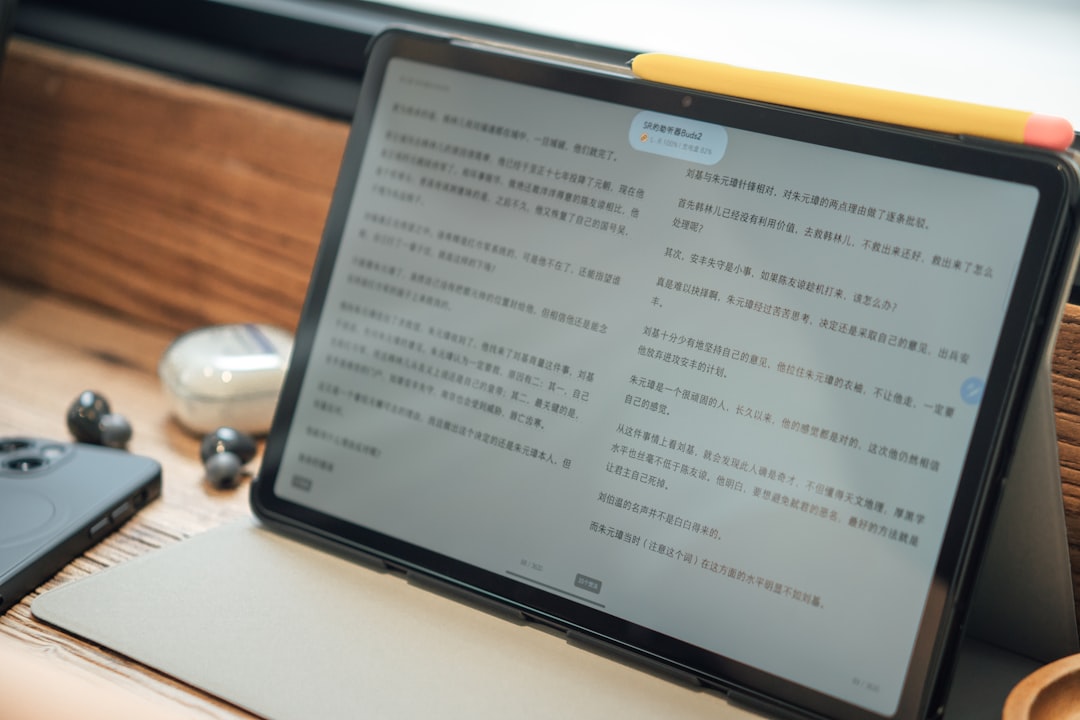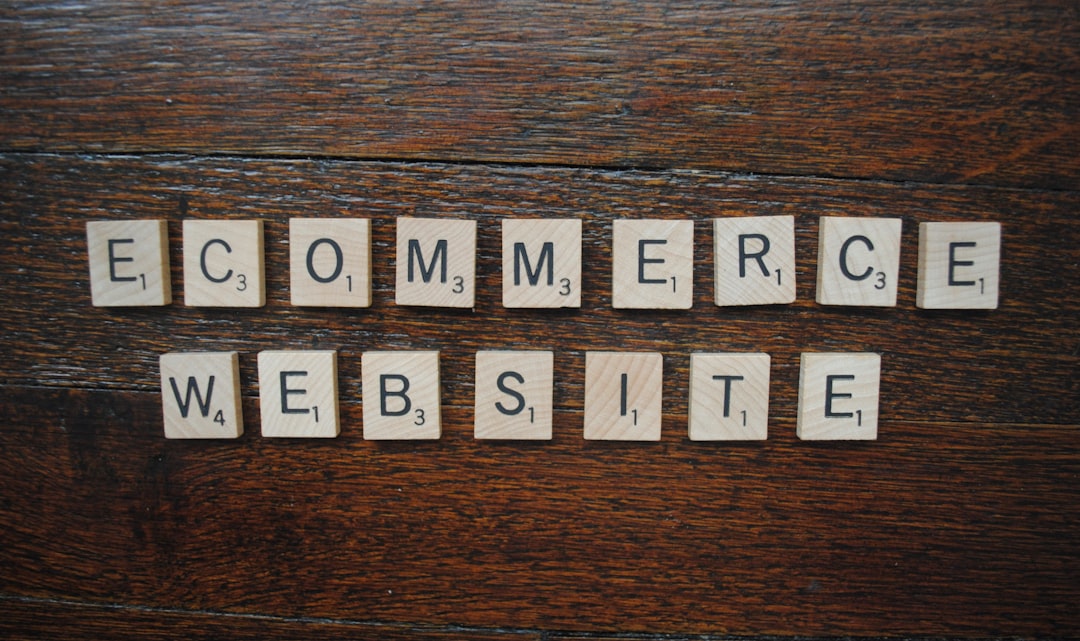Search Engine Optimization (SEO) has always been a complex, data-driven discipline requiring deep analysis, ongoing updates, and strategic implementation. Traditionally, SEO has been governed by human experts who analyze trends, conduct keyword research, and optimize content. However, with the surge of artificial intelligence (AI) technologies, SEO is experiencing a revolution. Increasingly, AI-powered SEO tools are outperforming their human counterparts across a range of key metrics. This shift is not simply convenient—it’s transformational, reshaping the way businesses approach digital visibility.
Why the Shift to AI-Powered SEO?
The competitive landscape of SEO demands speed, accuracy, and adaptability. AI tools offer an unprecedented capability to analyze massive data sets, predict trends, and automate repetitive tasks in real-time. These capabilities mark a stark contrast to traditional SEO methodologies, which often require significant human effort and time investment. Below, we explore the core reasons why AI-driven SEO tools are surpassing human-only approaches.
1. Speed and Scale of Data Analysis
SEO campaigns hinge on detailed data analysis—from keyword research and backlink profiling to competitor audits. An AI-powered tool can scan and interpret thousands of web pages, SERP rankings, and user behaviors in seconds. What would take a human analyst hours or even days can now be achieved in real-time, allowing marketers to make faster, more informed decisions.

For example, tools like SurferSEO and MarketMuse provide content optimization recommendations based on the top-ranking pages—analyzing hundreds of ranking signals in minutes. This scalability means businesses can now optimize dozens or even hundreds of pieces of content simultaneously, a feat that is nearly impossible for a human team to maintain with consistent quality.
2. Algorithmic Updates and Adaptability
Search engine algorithms are perpetually evolving. Google, for instance, makes thousands of updates to its algorithm each year. Keeping pace with these changes is a formidable task for any human SEO team. AI-powered tools, however, are built to adapt automatically. Using machine learning algorithms, these tools adjust to new ranking factors, penalization rules, and technical requirements without requiring manual input.
This adaptability ensures that AI tools remain best-in-class even as SEO guidelines transform, while human professionals may struggle to keep up with every subtle shift. Tools like Clearscope and SEMrush use continuous learning models to evolve their recommendations, delivering timely, relevant insights based on the most current algorithmic trends.
3. Intelligent Content Creation
One of the most advanced capabilities of AI in the realm of SEO is content generation. Natural Language Processing (NLP) models such as GPT-4 can now create content that is grammatically sound, contextually relevant, and keyword-optimized. While human creativity is still vital for brand voice and emotional nuance, AI can generate the initial drafts, suggest headings and subheadings, and outline keyword placement with remarkable precision.
By blending data-driven structure with human oversight, AI-powered SEO enables faster content production at scale—essential in industries where maintaining topical authority across numerous domains is critical.

Moreover, AI-powered writing assistance tools like Grammarly and Hemingway Editor further enhance readability and engagement, reinforcing best content practices that resonate with readers and improve dwell time—an increasingly important SEO signal.
4. Predictive Analytics and Trend Forecasting
Another area where AI excels beyond human capacity is predictive analysis. AI tools can accurately forecast future content and keyword trends based on historical user behavior, seasonal changes, and industry developments. This foresight allows marketers to strategize and produce content ahead of competitors, thereby gaining first-indexing advantages in emerging topics.
Human professionals, while adept at strategic planning, often rely on existing trends and manual research. In contrast, AI uses vast amounts of prior data to simulate possible outcomes and suggest the most promising content angles, keyword clusters, and link-building strategies to pursue.
5. Error Reduction and Consistency
Even the most experienced SEO specialists can overlook technical details or introduce errors in implementation. AI SEO tools automate the identification and correction of technical SEO issues such as broken links, poor mobile usability, duplicate content, slow loading times, and more. This automation ensures consistent performance across all web properties, enhancing user experience and supporting higher rankings.
For instance, Google Search Console provides foundational insights, but tools like Sitebulb and Screaming Frog go a step further by applying machine learning to detect structural issues and propose strategic fixes that would typically require days of consulting work from an expert.
6. Cost-Effectiveness and ROI
Hiring a full-scale SEO team can be cost-prohibitive, especially for small and mid-sized businesses. While there’s still a place for human strategists, AI tools help significantly reduce the overhead by automating workflows, lowering labor costs, and delivering fast results. They also provide detailed reporting and measurement dashboards to track ROI and adjust strategies proactively, ensuring resources are allocated effectively.
Furthermore, businesses see faster uplift with AI because the tools prioritize high-impact strategies driven by real-time performance data—rather than hunches or slow-moving manual audits.
Where the Human Touch Still Matters
Despite these advances, it’s crucial to emphasize that AI does not render human SEO professionals obsolete. Certain areas still require human intuition, especially when it comes to:
- Brand storytelling and emotional resonance
- Complex outreach and relationship-based link building
- Crisis management and real-time PR responses
- Strategic vision and long-term planning
AI excels at execution, but strategy, adaptability to nuanced client visions, and creative direction remain firmly within the human domain. Therefore, the optimal approach lies in a symbiotic partnership where AI handles the heavy lifting, and humans provide strategic oversight and creativity.
The Future of AI in SEO
Looking ahead, AI will continue to evolve, offering even more sophisticated capabilities such as semantic understanding, voice search optimization, and multi-modal content evaluation. As algorithms become more conversational and user-intent centric, AI’s ability to process natural language and behavioral patterns will be indispensable in achieving long-term SEO success.

Those who embrace AI-enabled tools will find themselves ahead of the curve—not just in performance, but in insight, efficiency, and adaptability. Human intelligence, when paired with artificial intelligence, represents the future of marketing: agile, data-driven, and supremely effective.
Conclusion
The rise of AI-powered SEO tools is not a replacement of human talent but a redefinition of roles and responsibilities. As AI takes on analytical and labor-intensive tasks with greater accuracy and speed, human professionals are free to focus on creativity, empathy, and long-term strategic planning.
Businesses that merge these strengths effectively will not only outperform their competitors in rankings, but also in relevance, engagement, and trust. As the digital landscape continues to evolve, those leveraging AI for SEO are set to seize a distinct and lasting advantage.
 logo
logo


